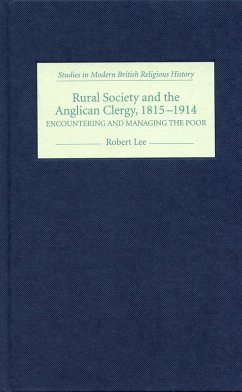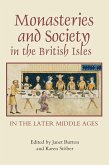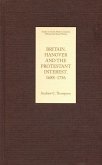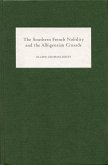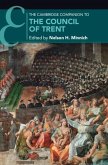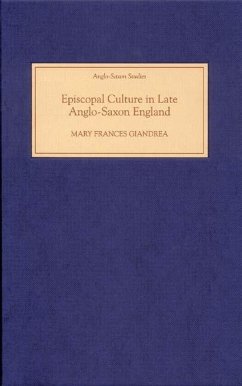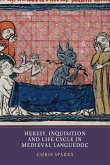A vivid and accessible reappraisal of the frequently uneasy relationship between the Victorian clergyman and his congregation.
The conduct of divine service was only one item on the agenda of the nineteenth-century clergyman. He might have to sit on the magistrates' bench, or concern himself with business as a farmer or landowner, or attend a meeting of the Poor Law guardians. He would, in all probability, be closely involved with the day-to-day running of the local school, and he would almost certainly be the principle administrator of the parochial charities. While some of theseroles were clearly predestined to bring him into conflict with certain members of his flock, others seem ostensibly designed to operate in their interests. None, however, seem to have earned him much in the way of devotion and respect: instead, each of them at one time or another attracted the direct hostility of parishioners, most particularly those attached to dissenting and/or radical groups.
This book is a detailed exploration of the relationship between Anglican clergymen and the inhabitants of rural parishes in the nineteenth century. Taking Norfolk as a focus, the author examines the many and profound ways in which the Victorian Church affected the daily lives and political destinies of local communities.
The conduct of divine service was only one item on the agenda of the nineteenth-century clergyman. He might have to sit on the magistrates' bench, or concern himself with business as a farmer or landowner, or attend a meeting of the Poor Law guardians. He would, in all probability, be closely involved with the day-to-day running of the local school, and he would almost certainly be the principle administrator of the parochial charities. While some of theseroles were clearly predestined to bring him into conflict with certain members of his flock, others seem ostensibly designed to operate in their interests. None, however, seem to have earned him much in the way of devotion and respect: instead, each of them at one time or another attracted the direct hostility of parishioners, most particularly those attached to dissenting and/or radical groups.
This book is a detailed exploration of the relationship between Anglican clergymen and the inhabitants of rural parishes in the nineteenth century. Taking Norfolk as a focus, the author examines the many and profound ways in which the Victorian Church affected the daily lives and political destinies of local communities.
Dieser Download kann aus rechtlichen Gründen nur mit Rechnungsadresse in A, D ausgeliefert werden.

